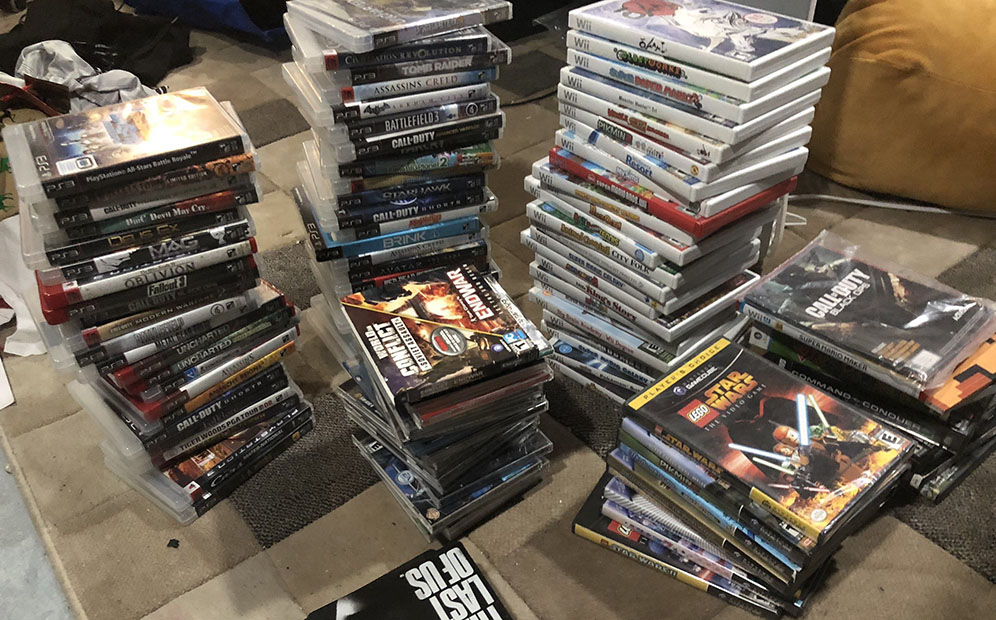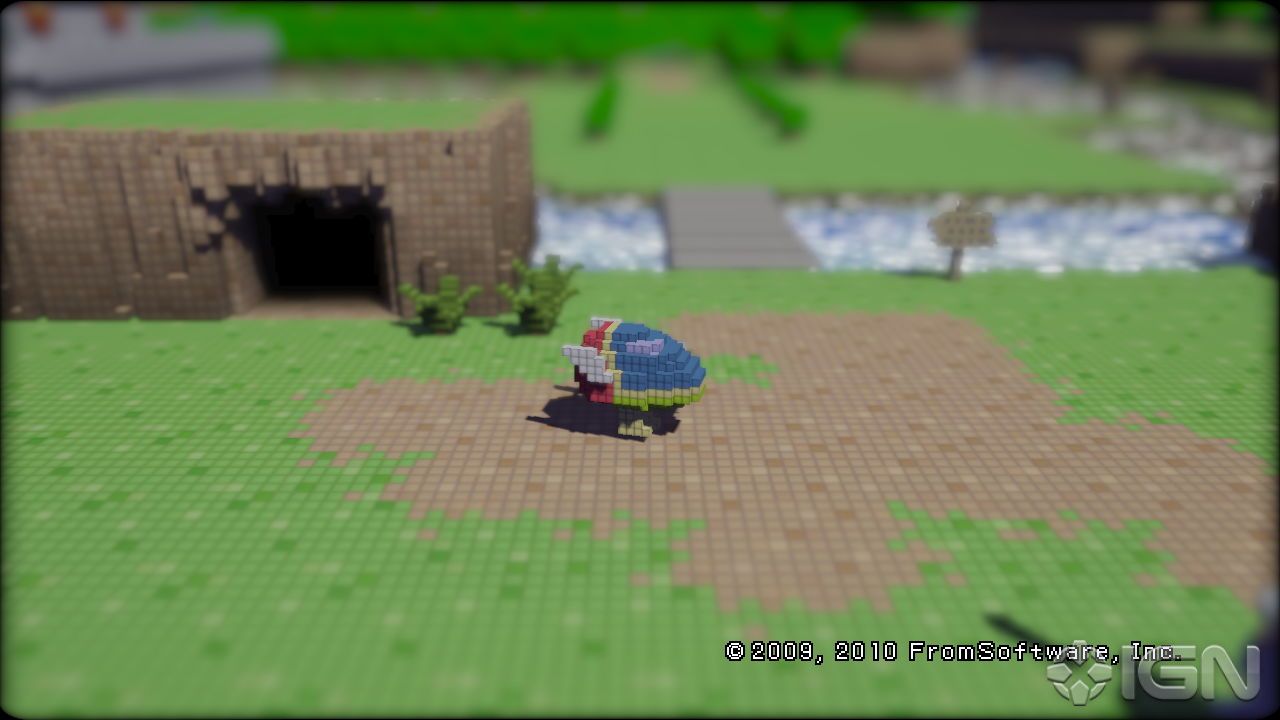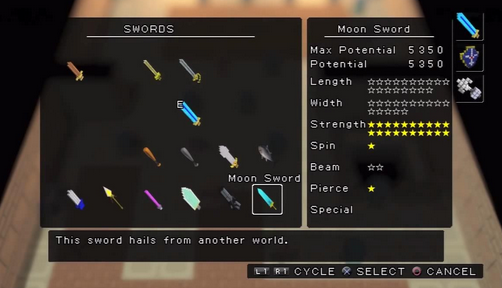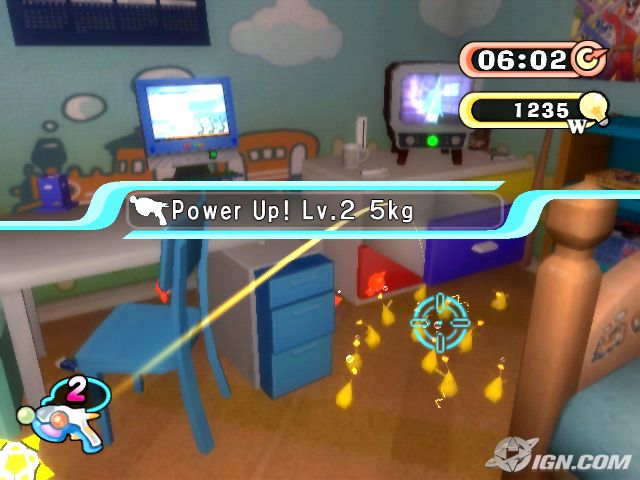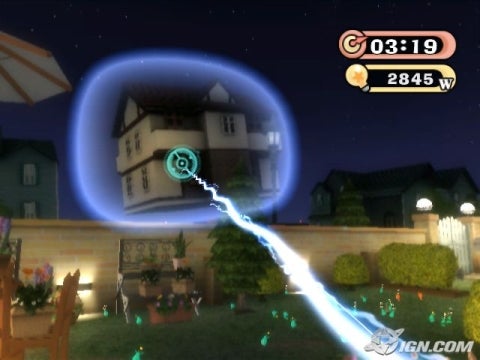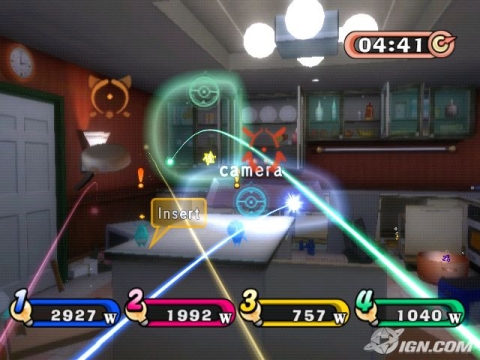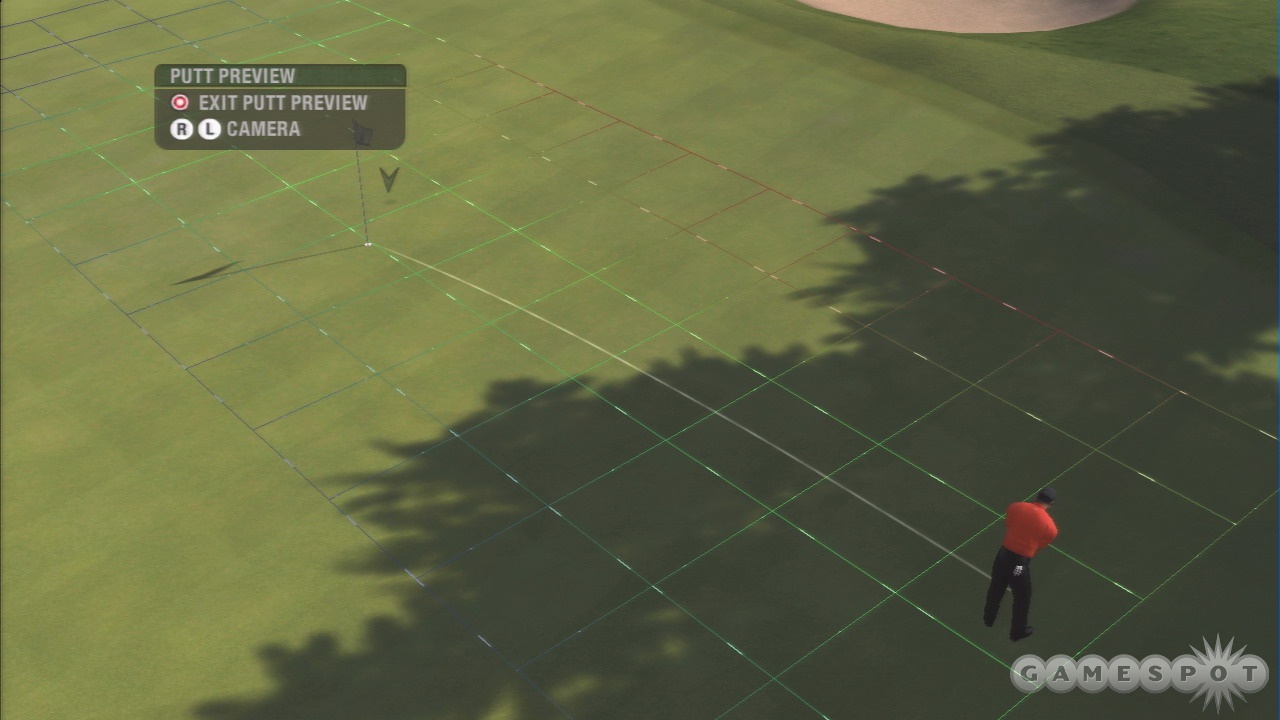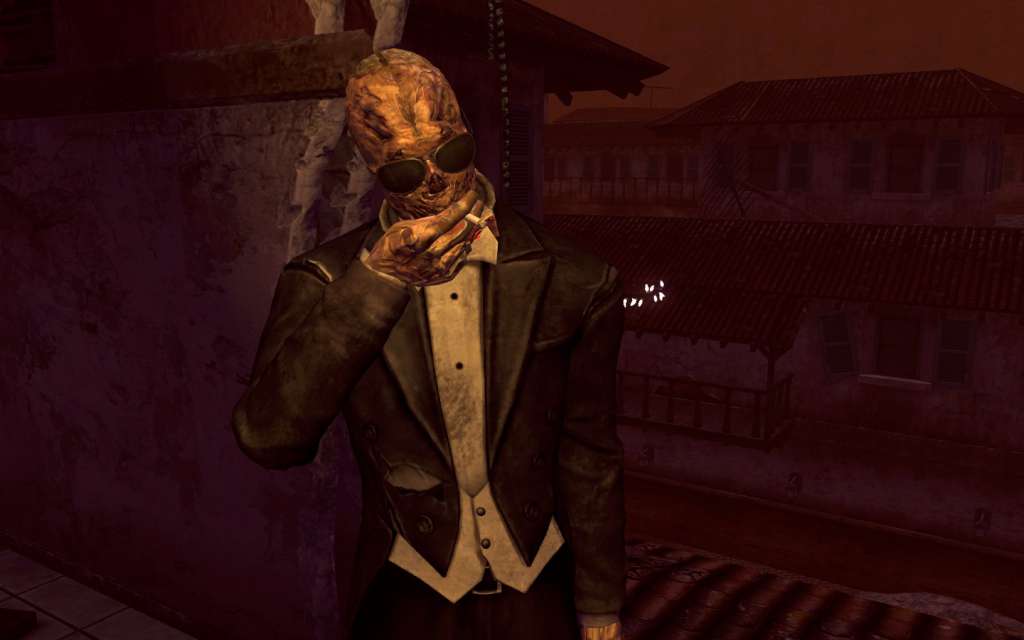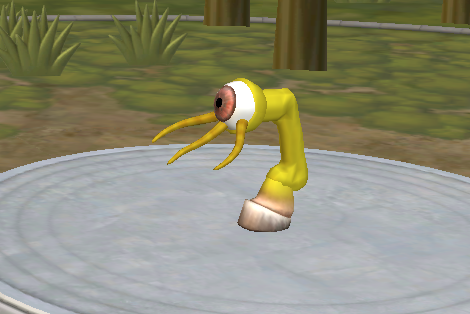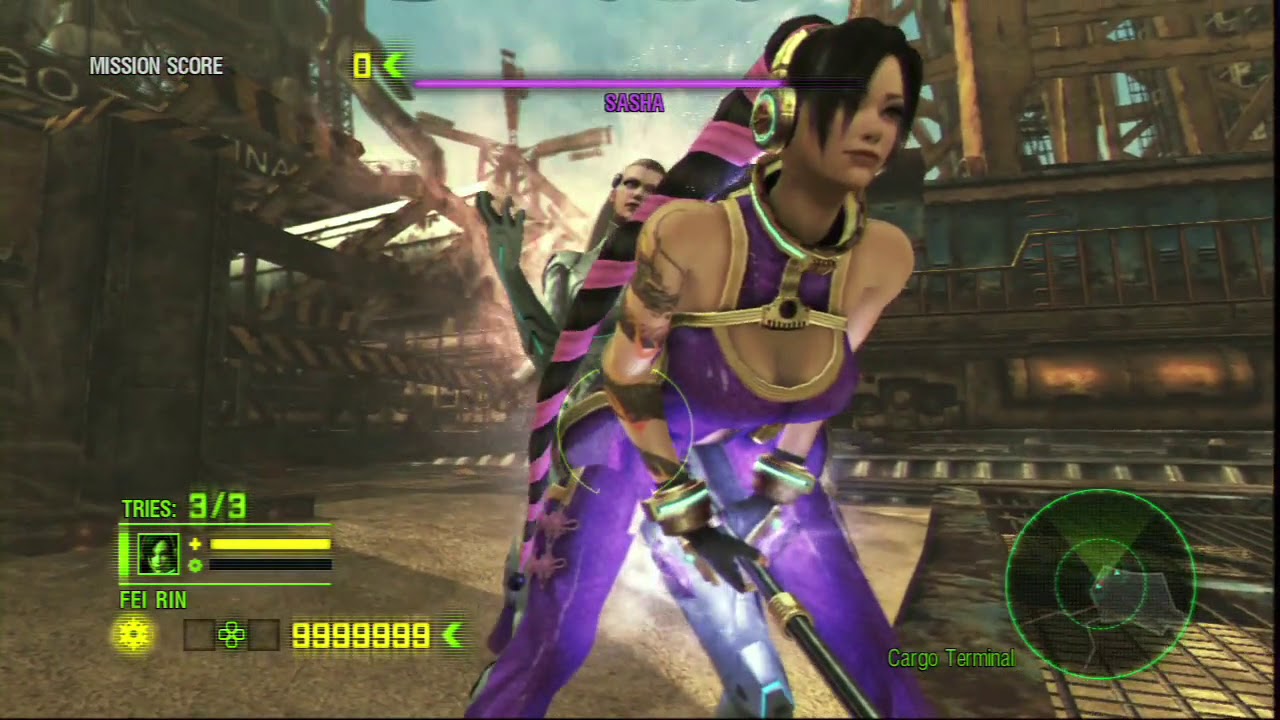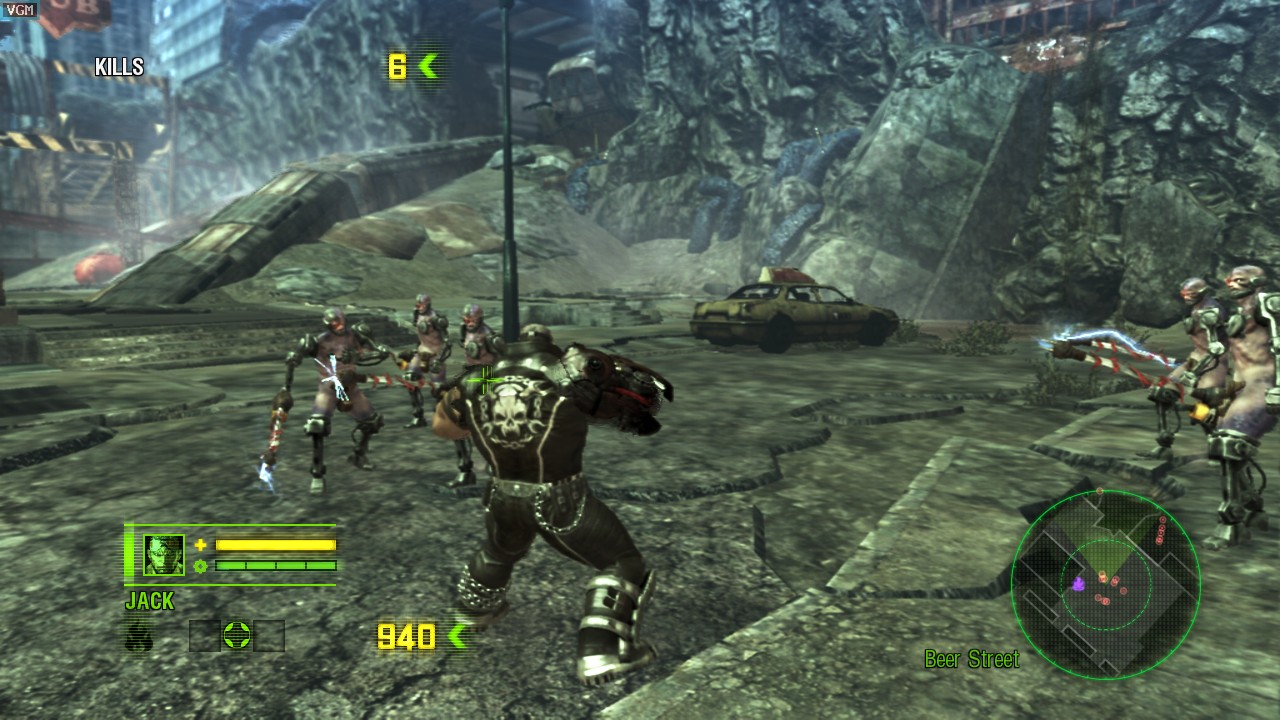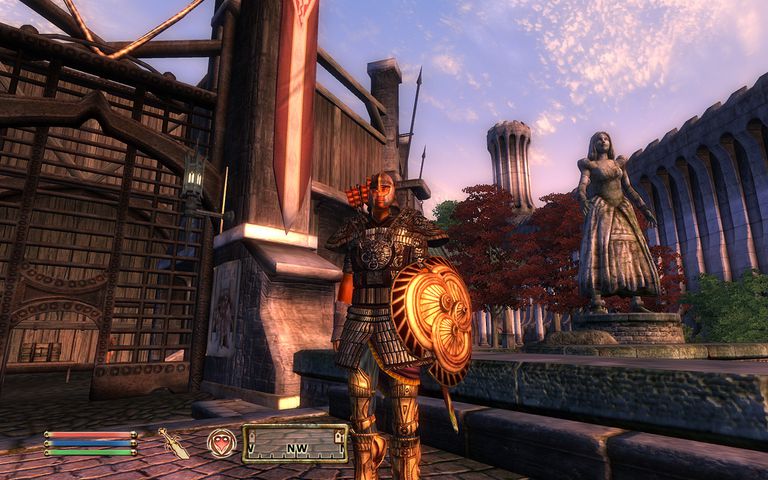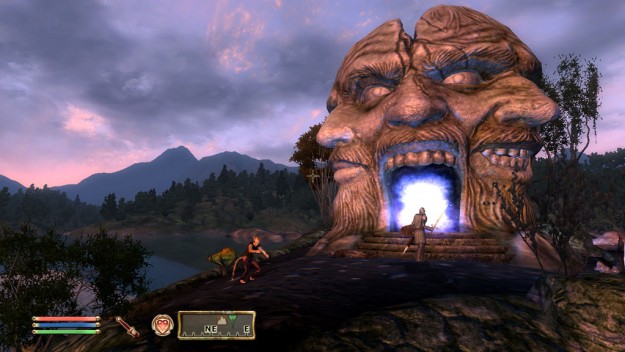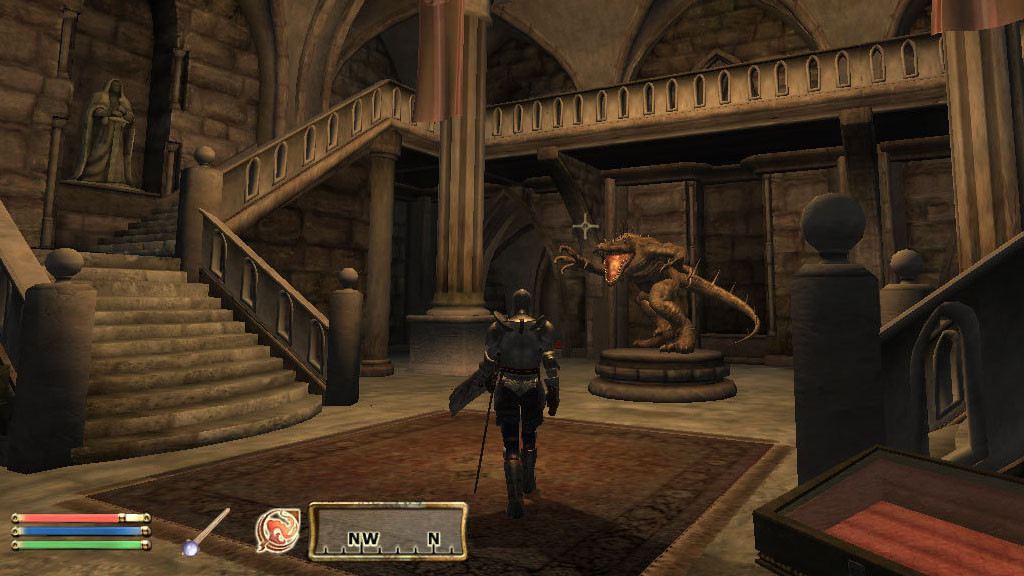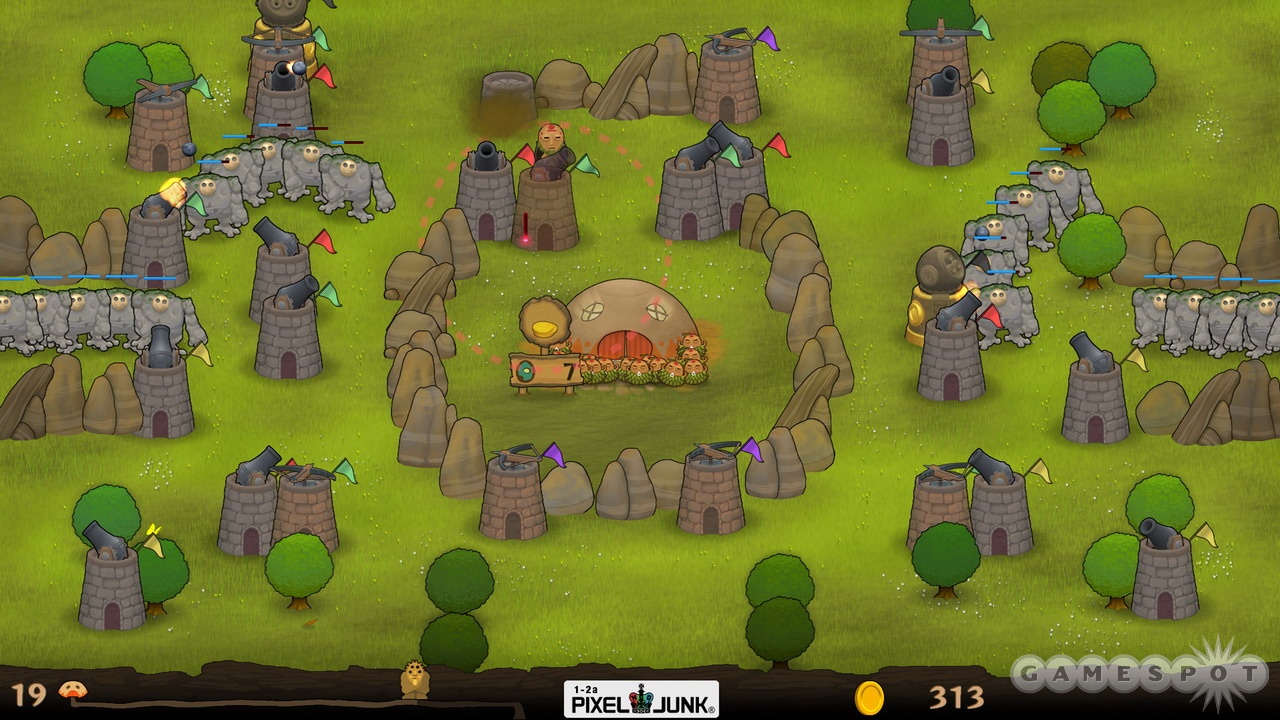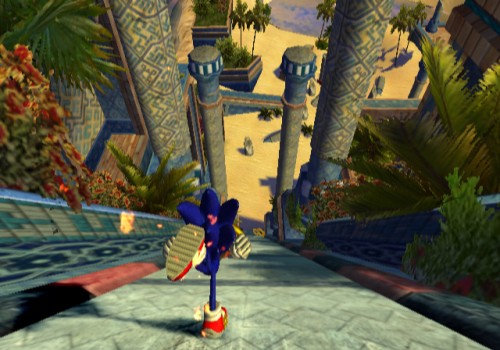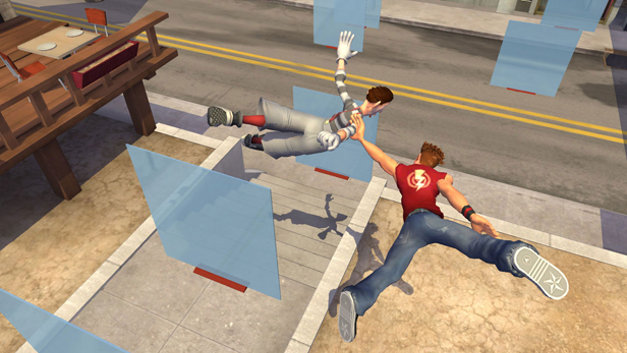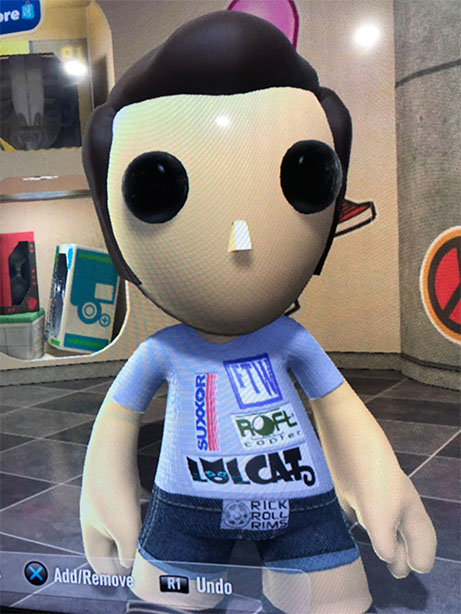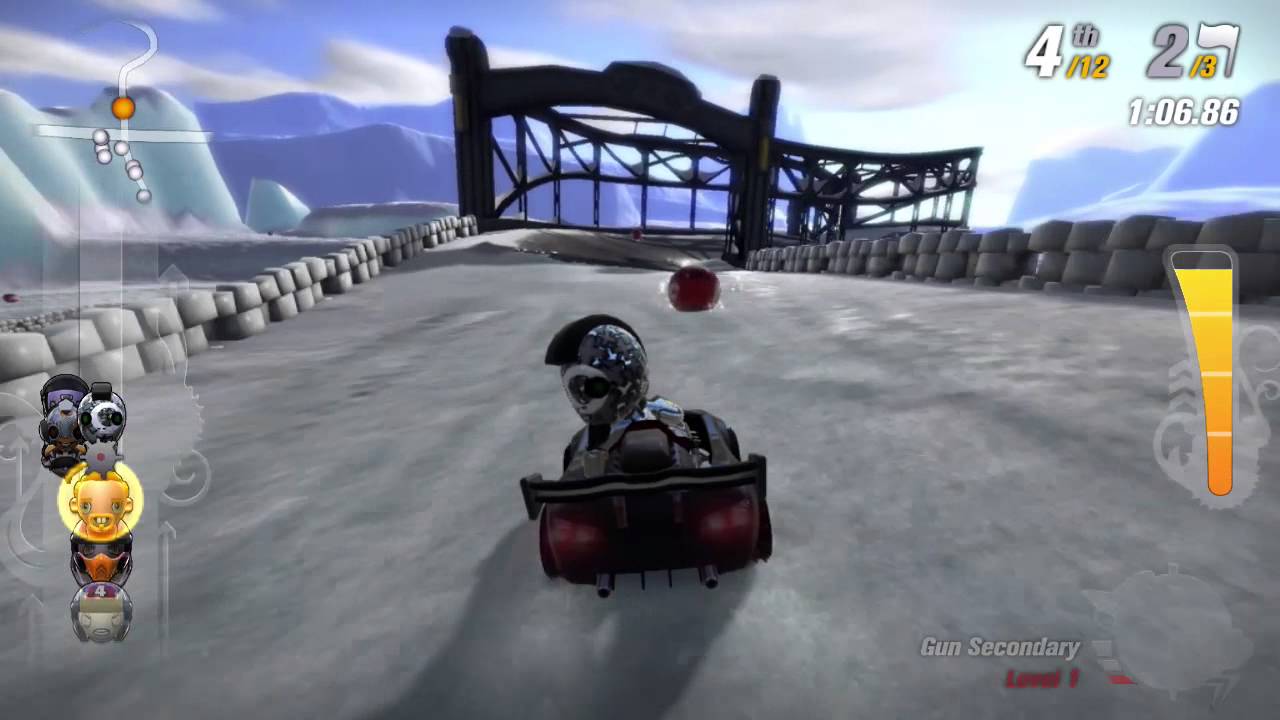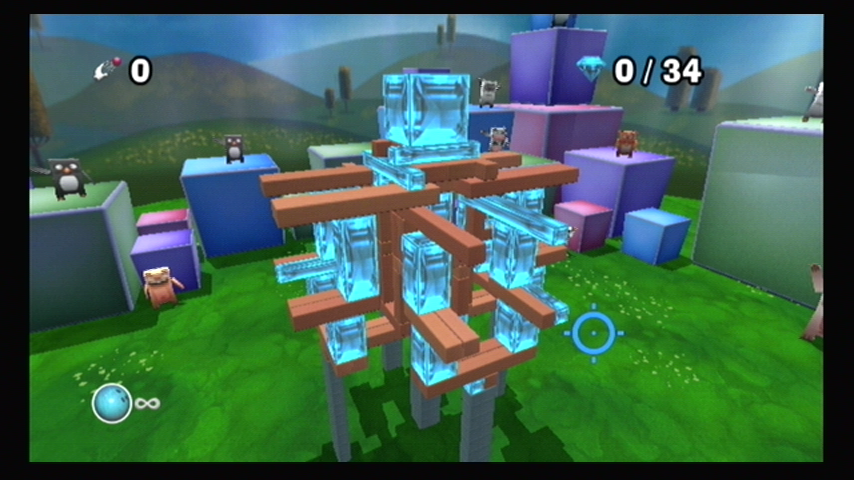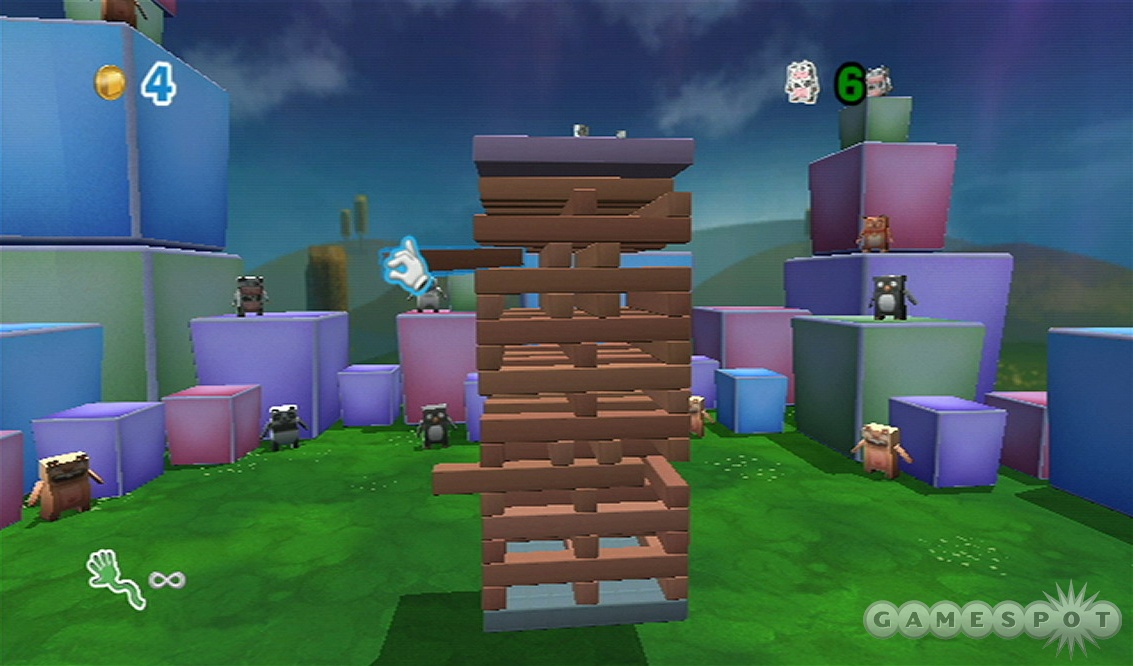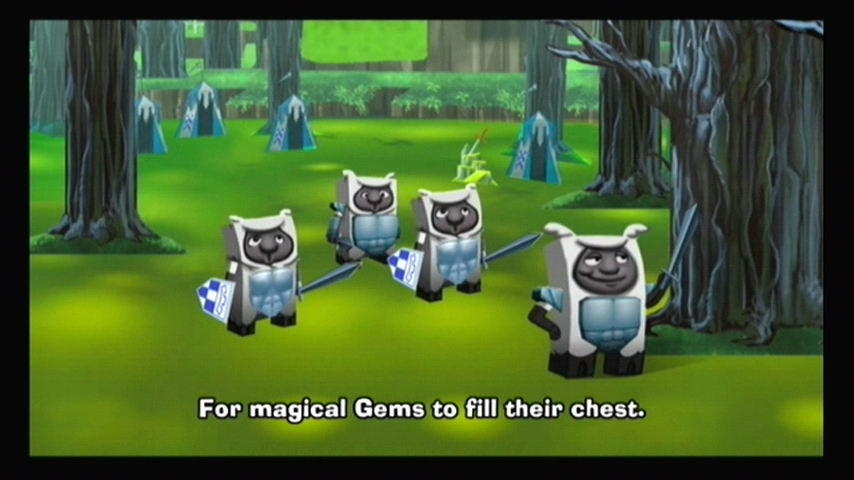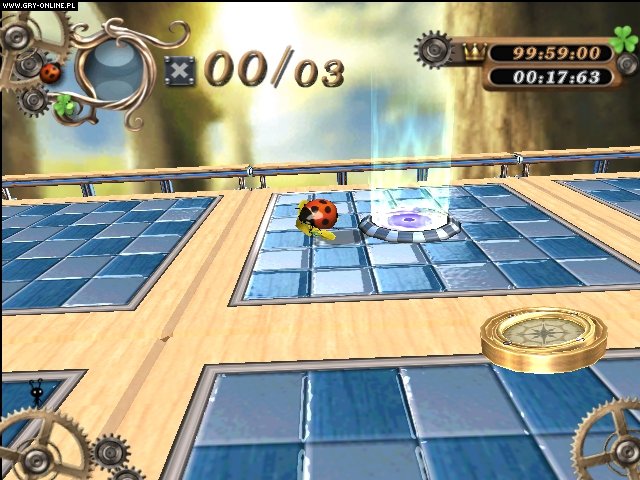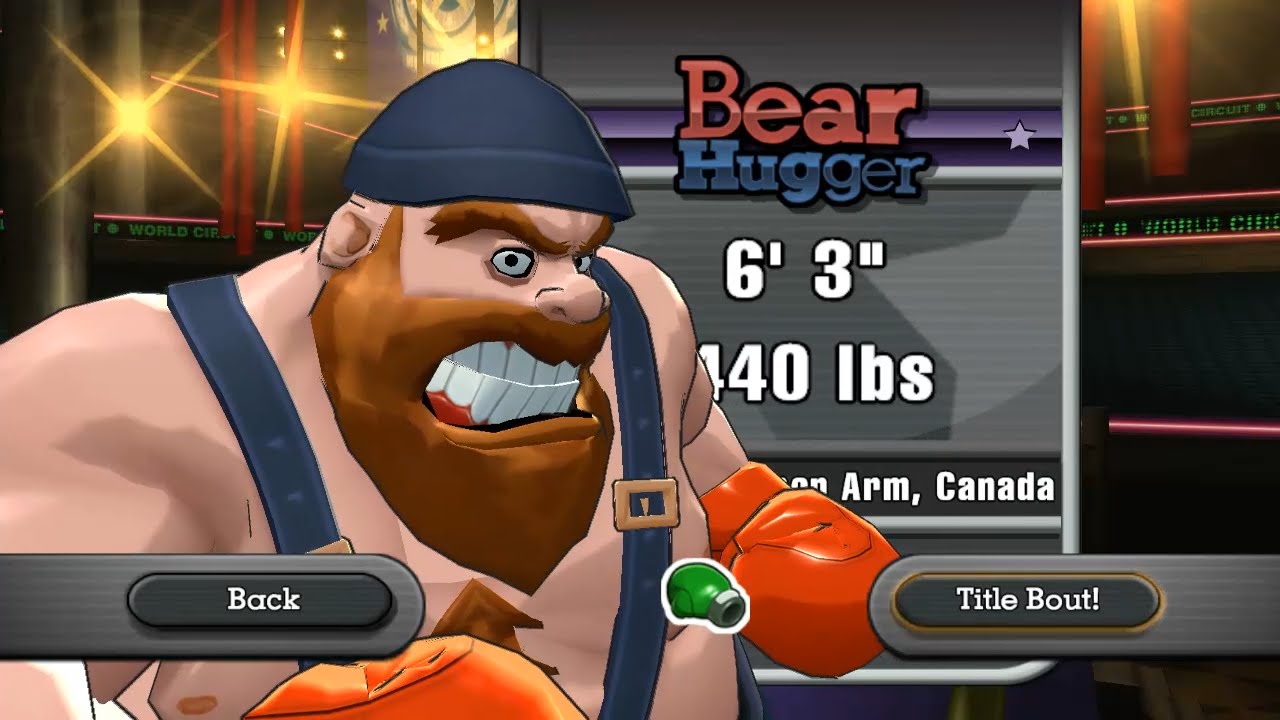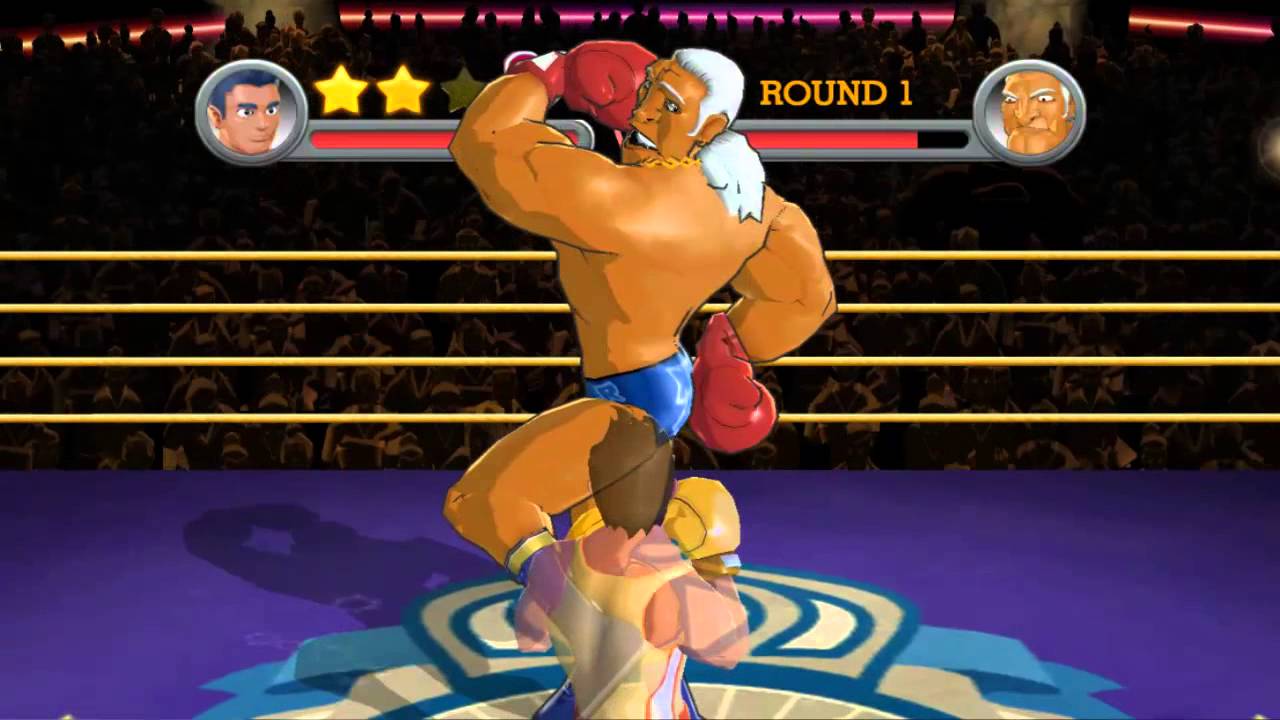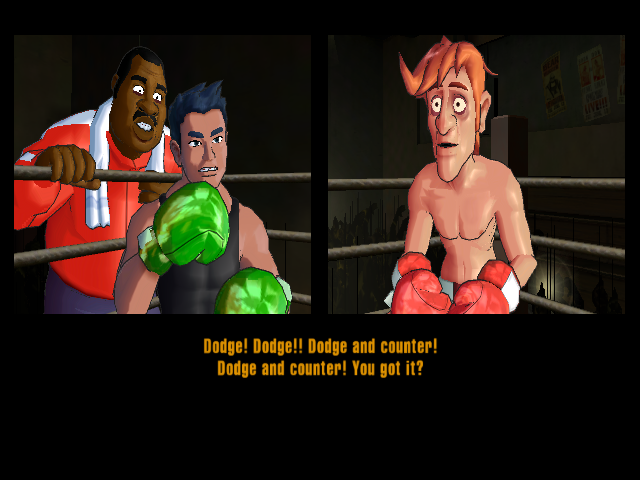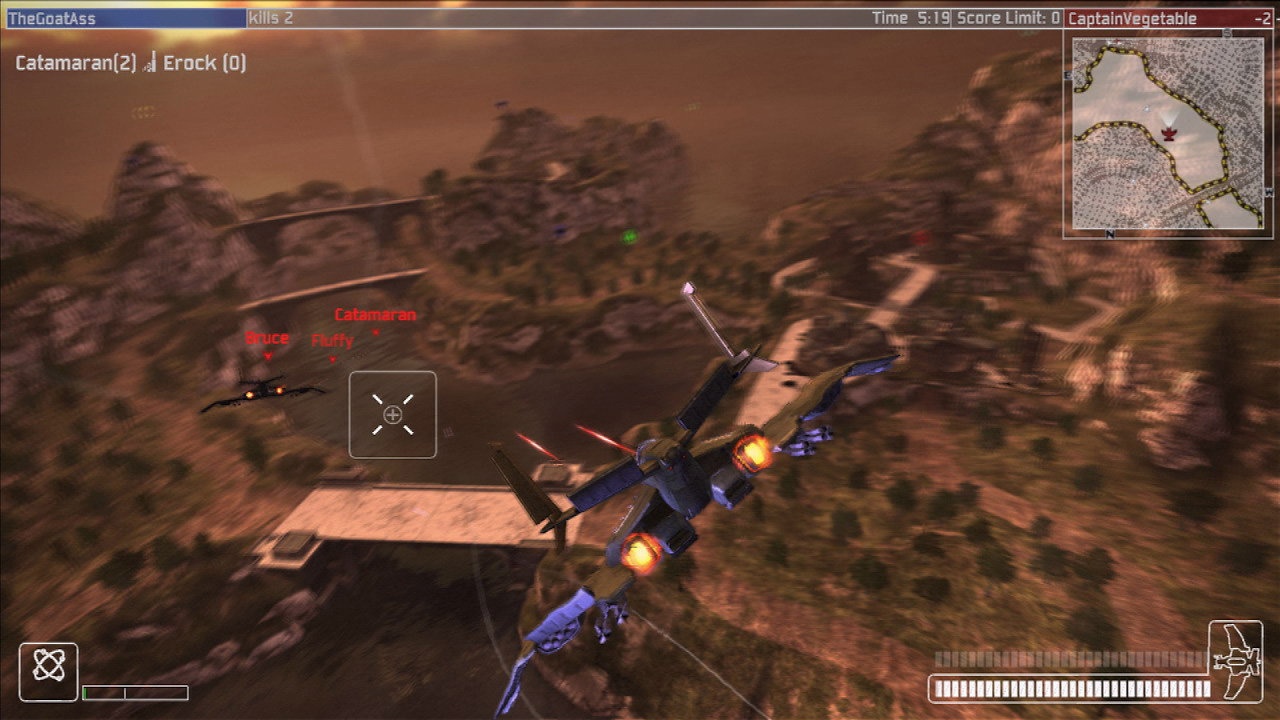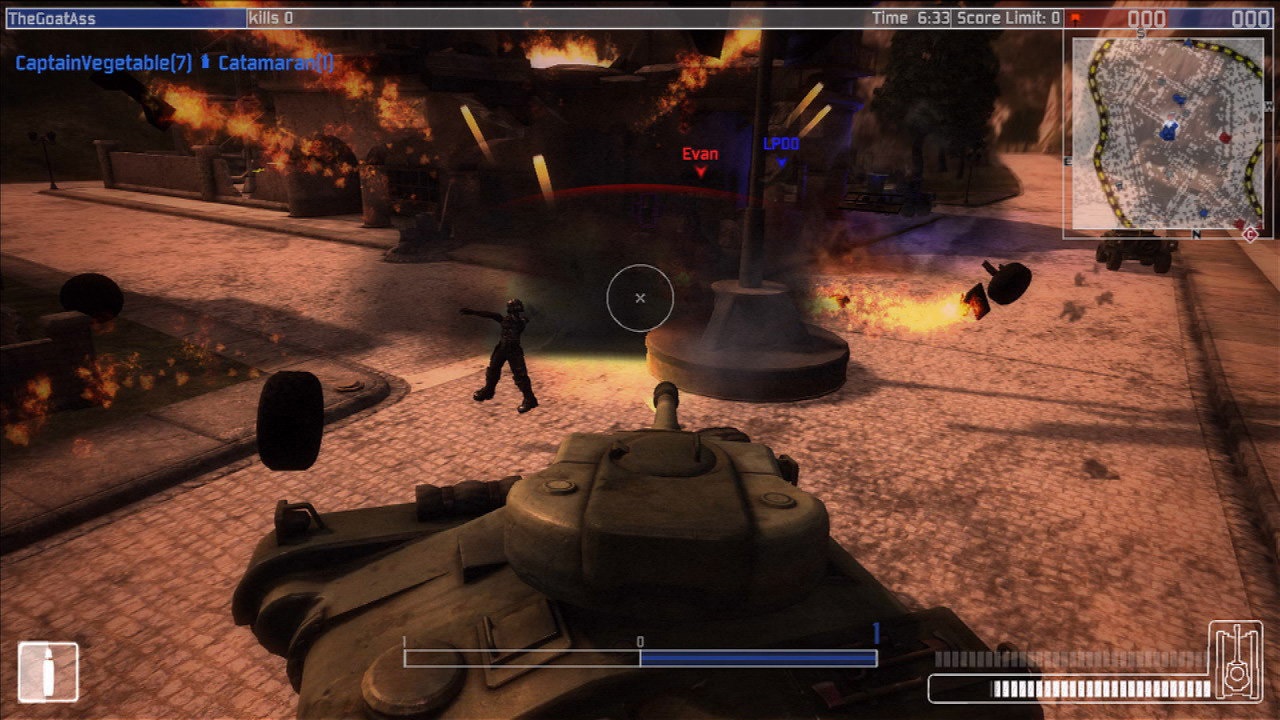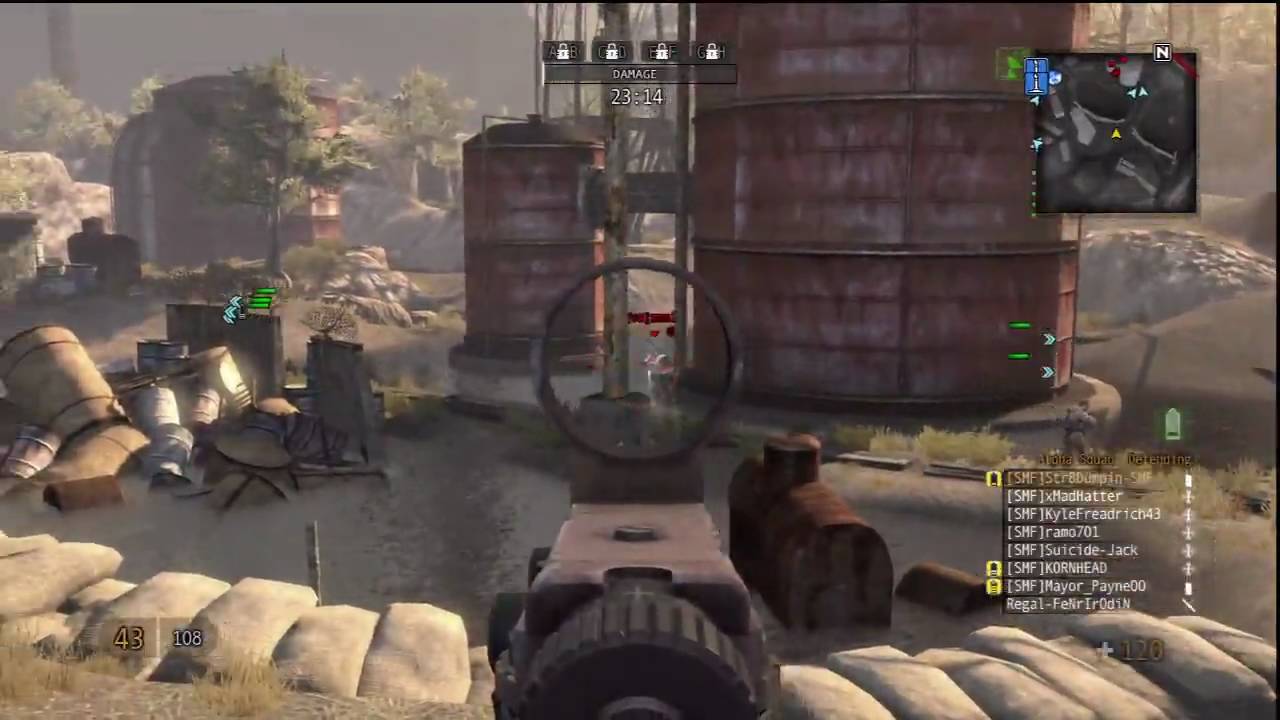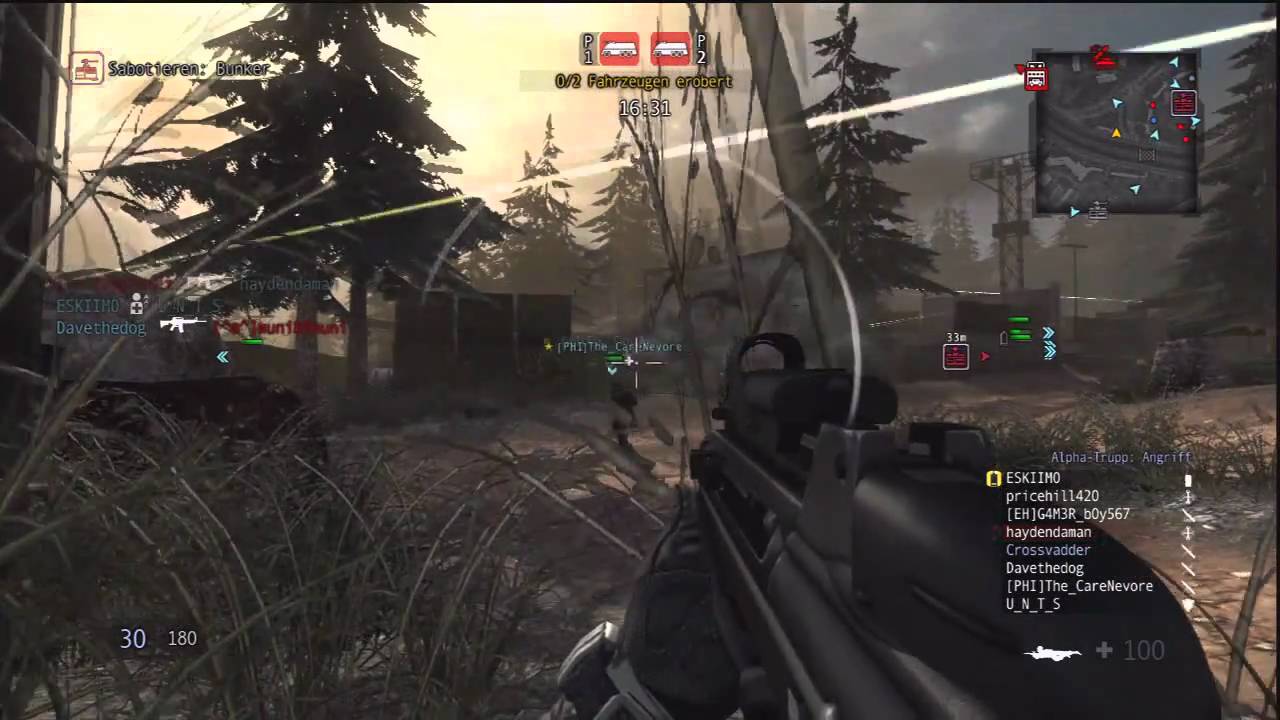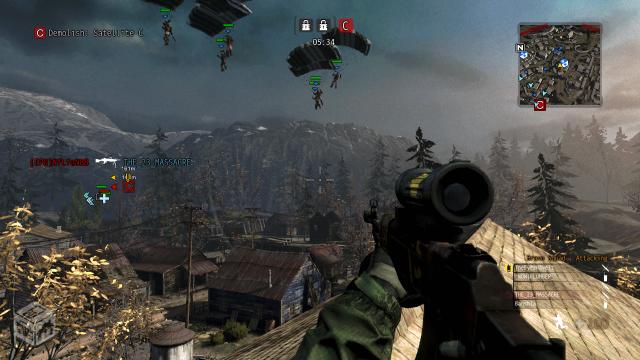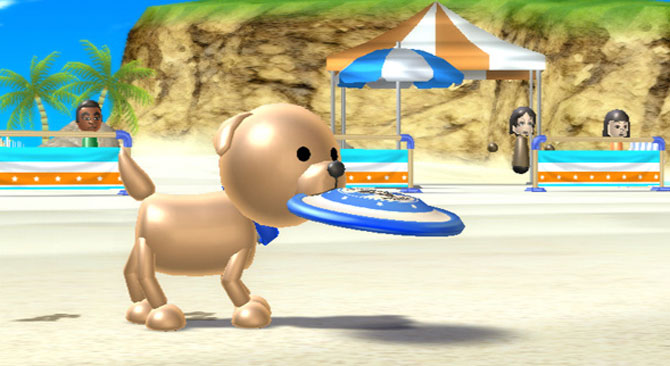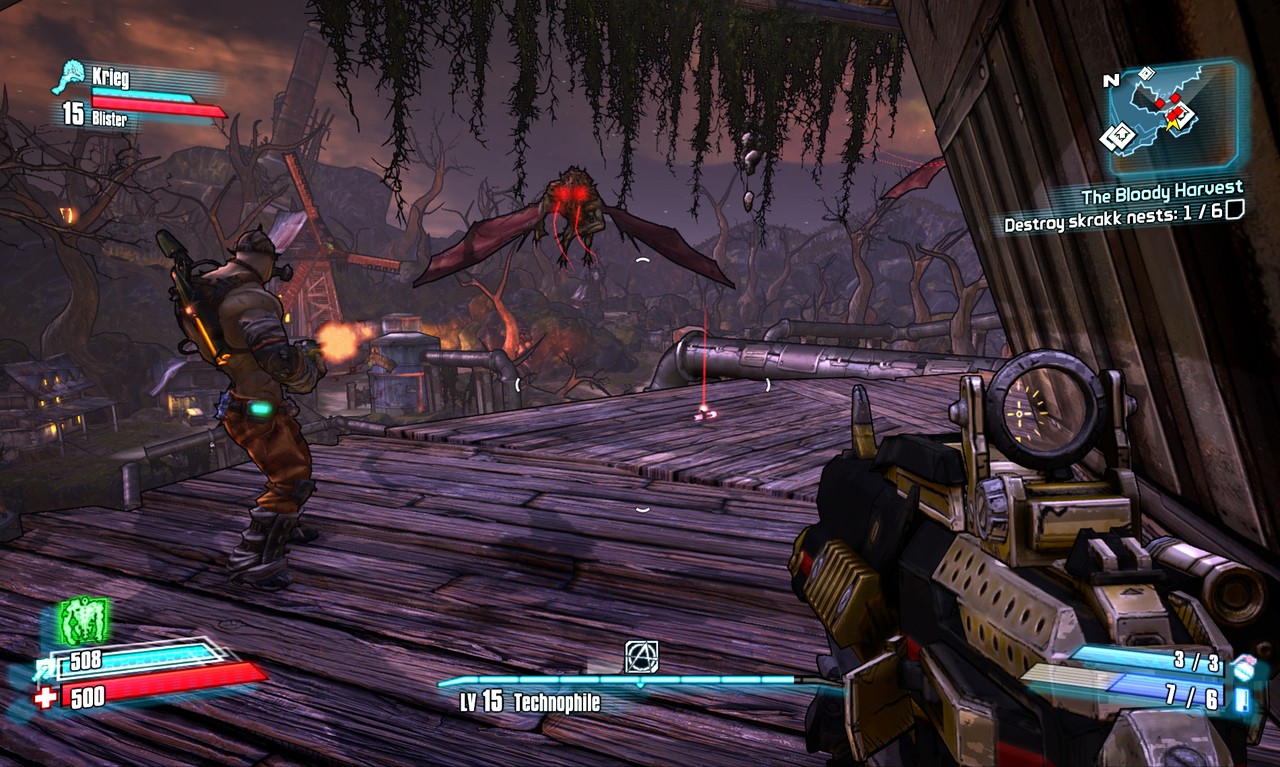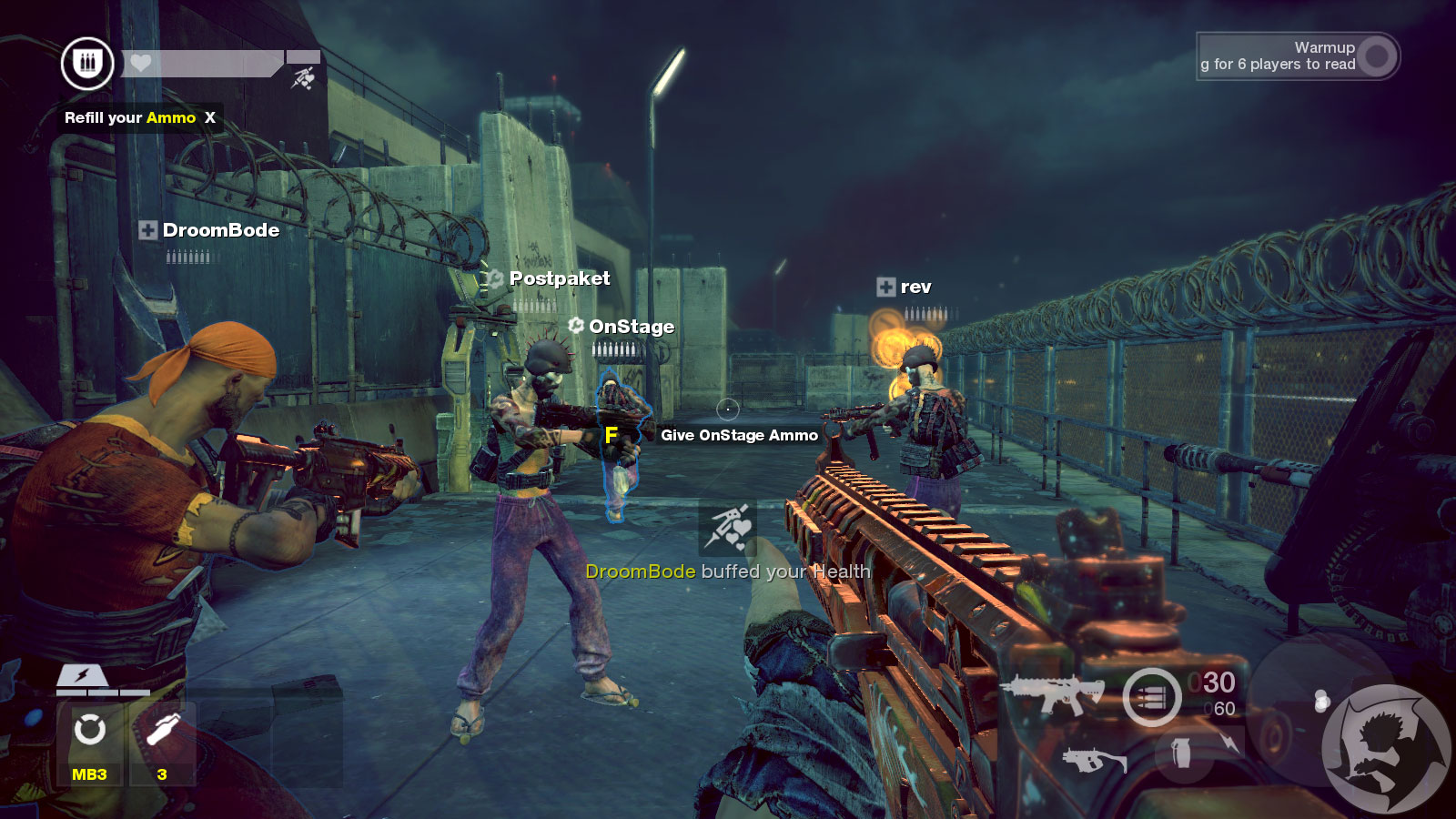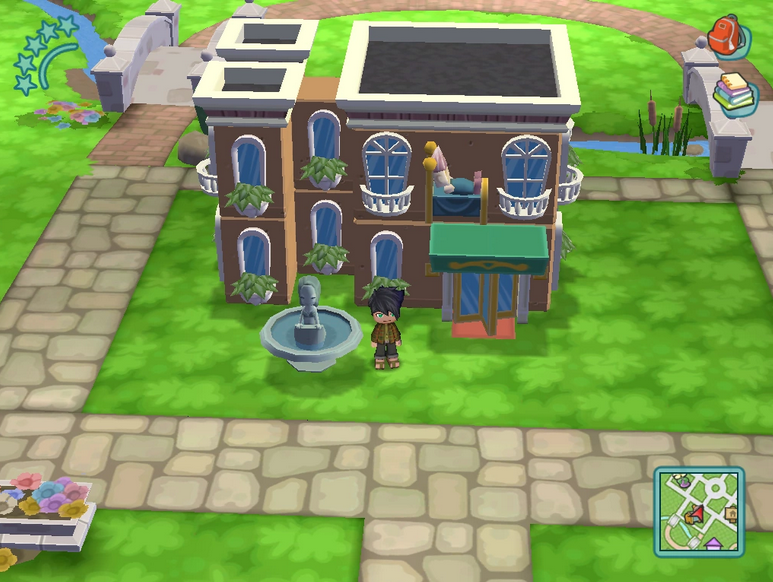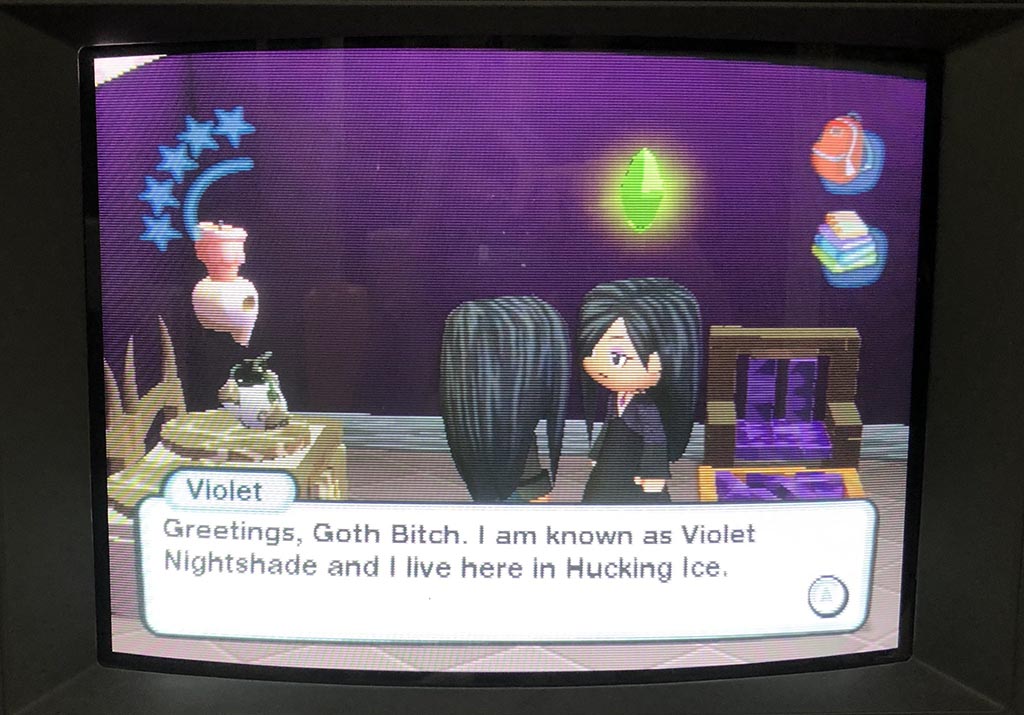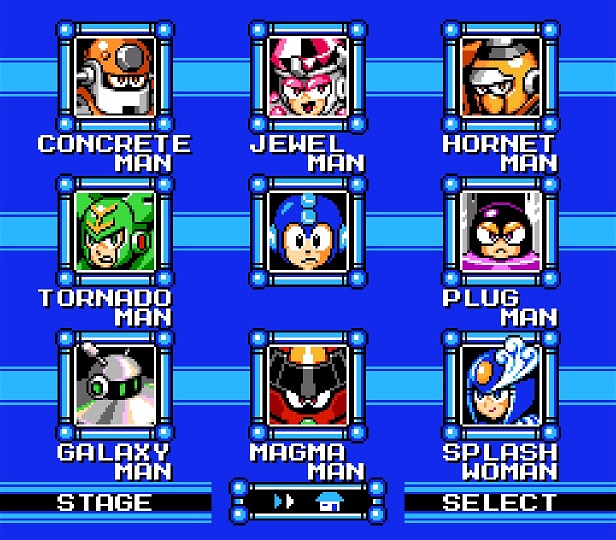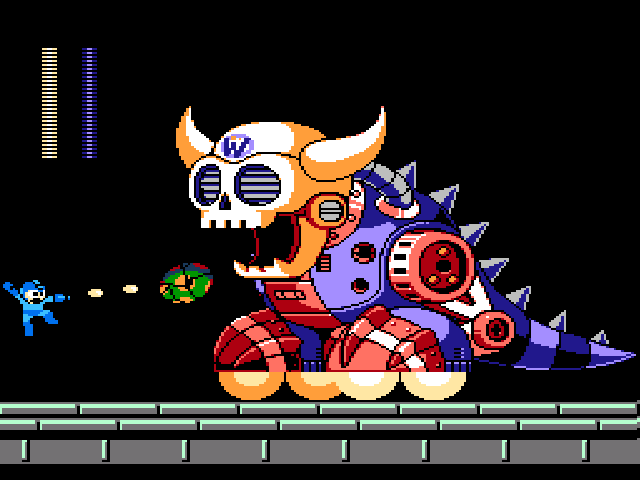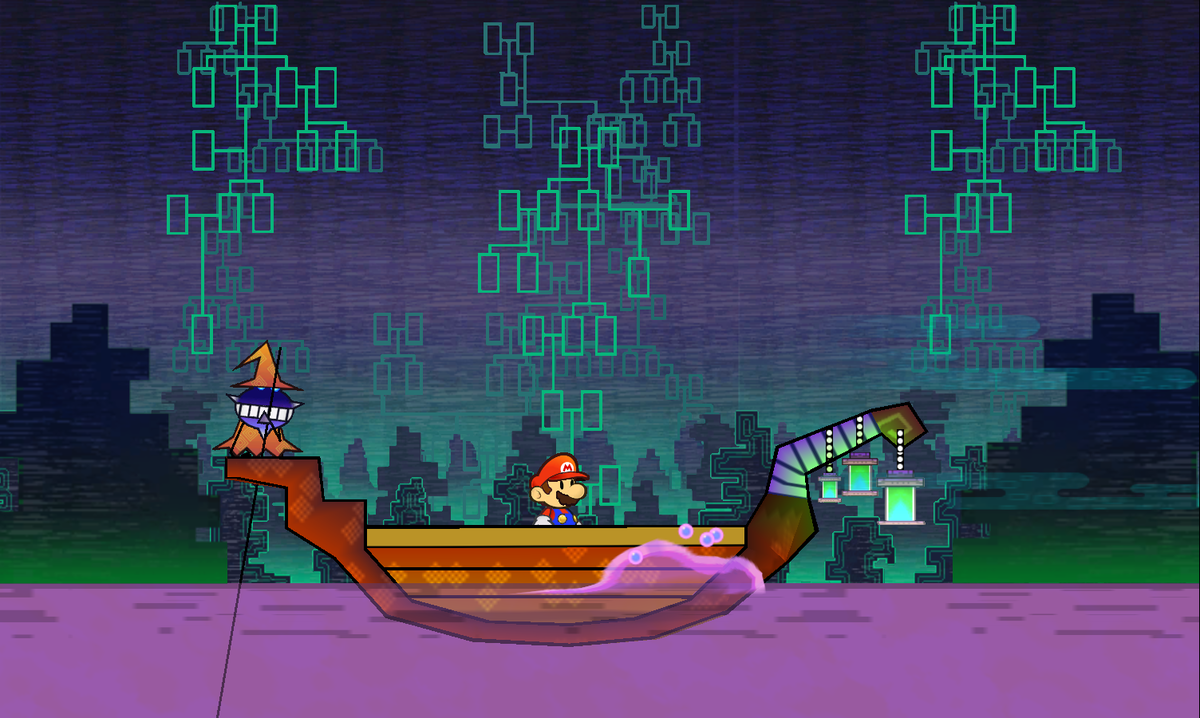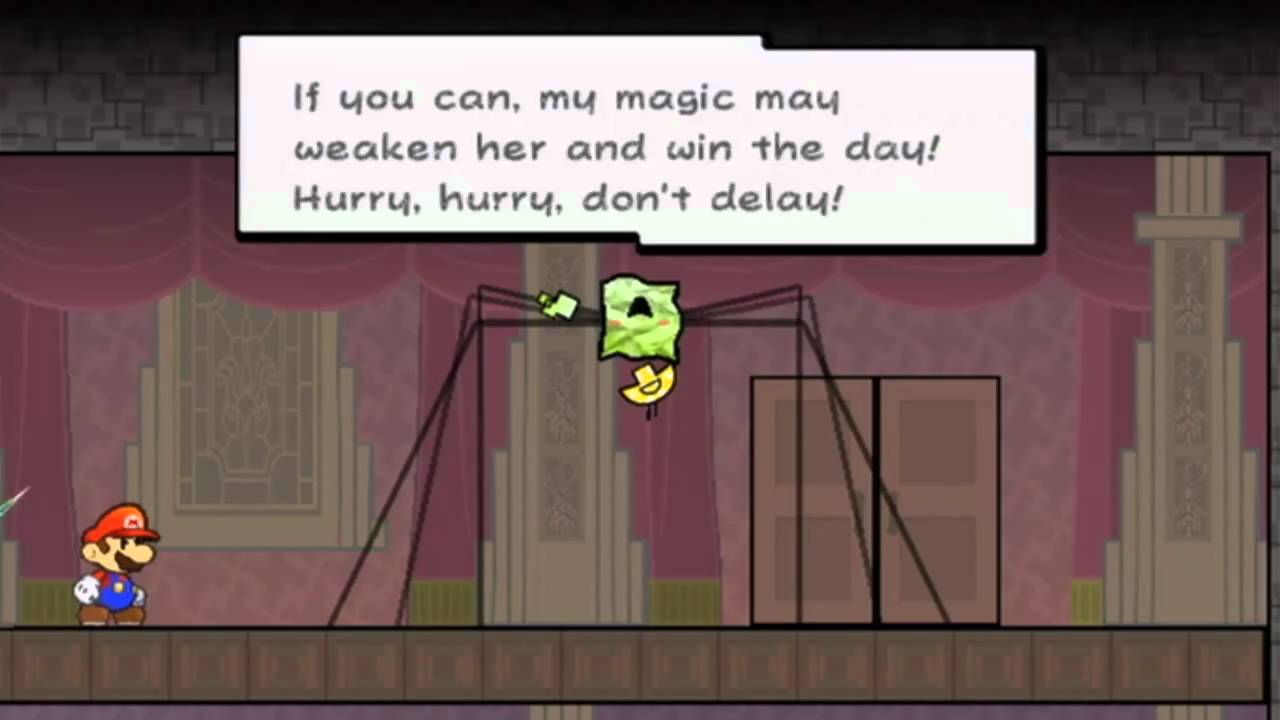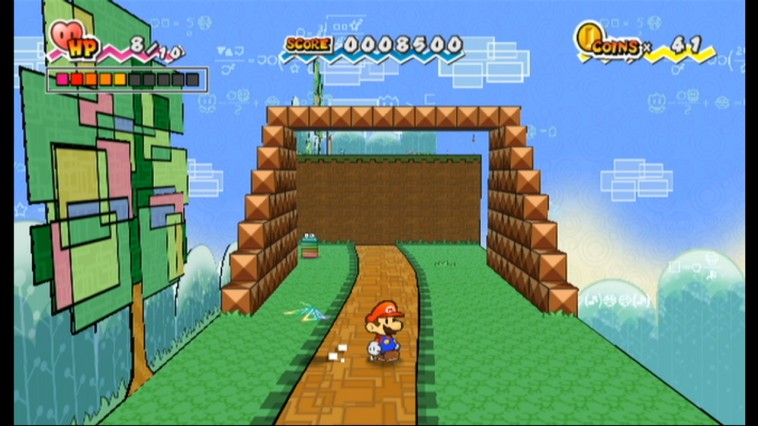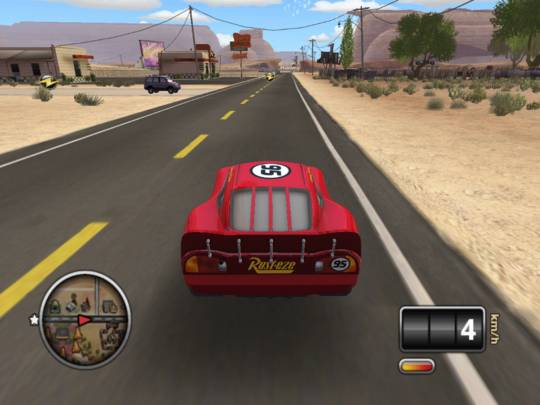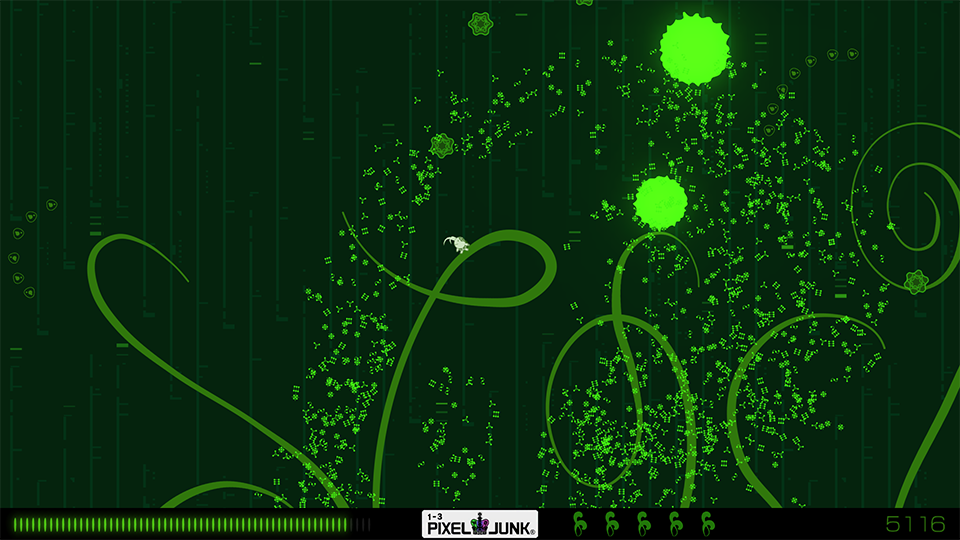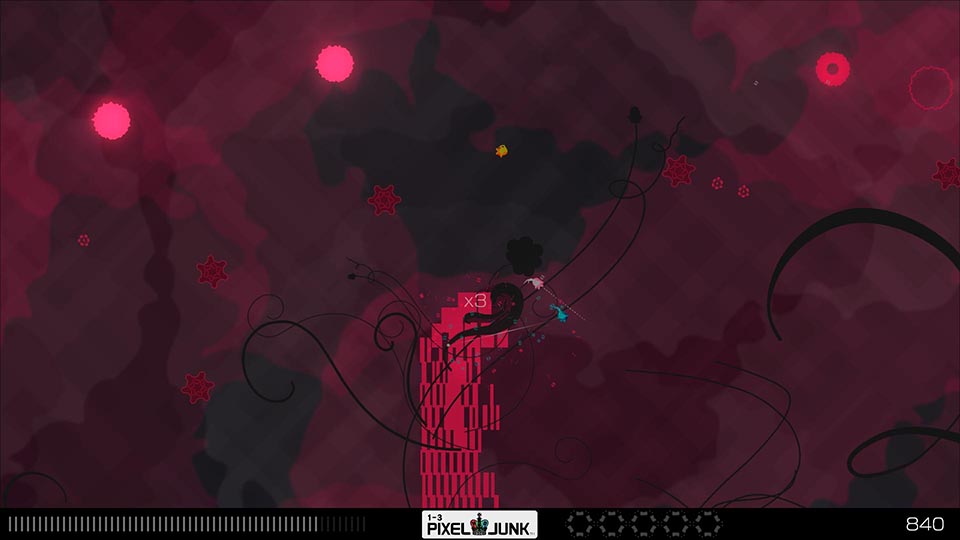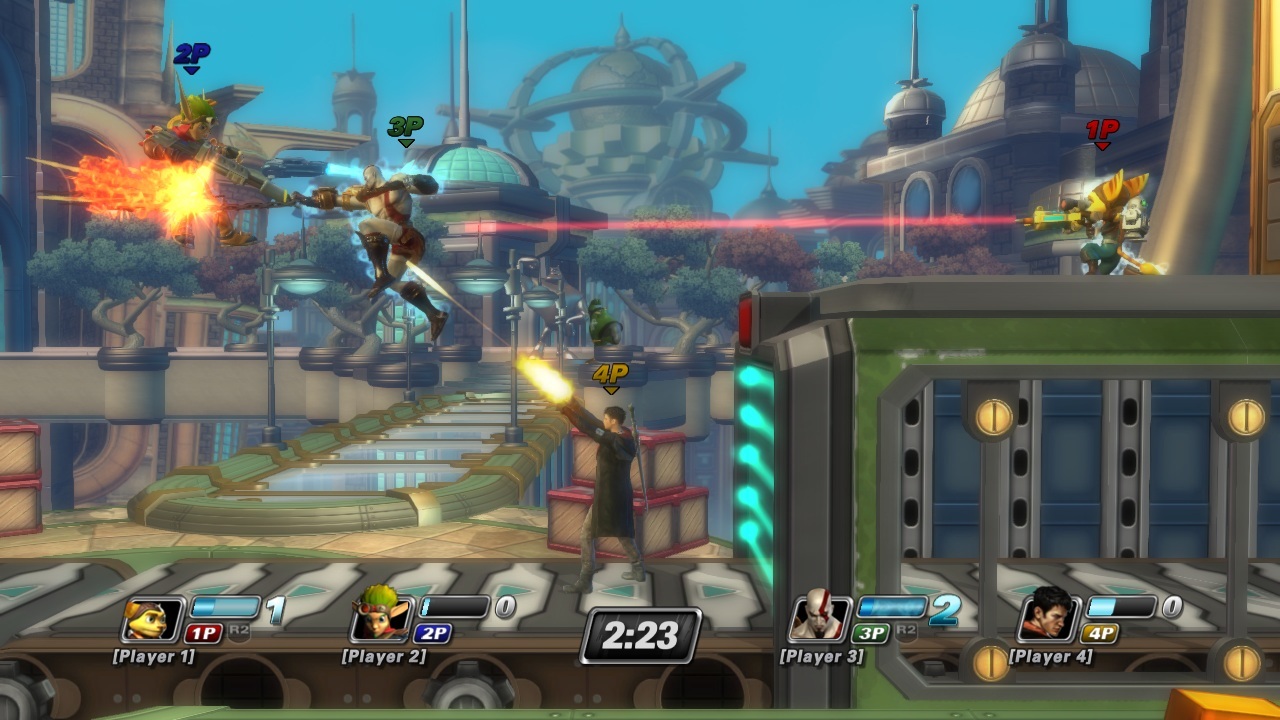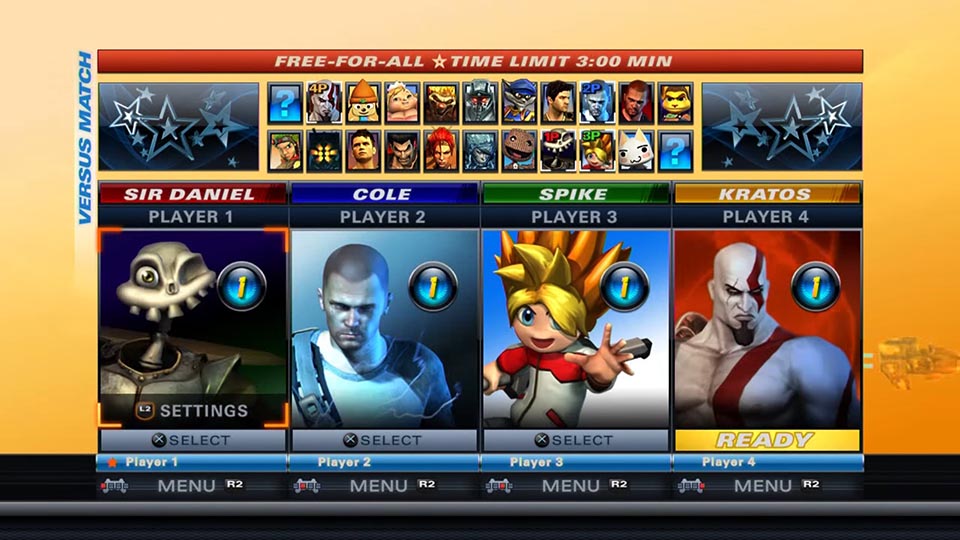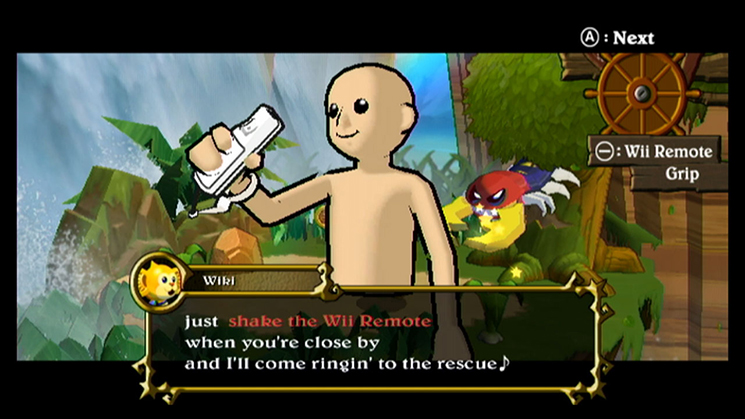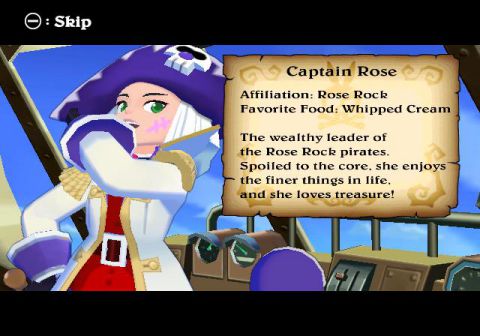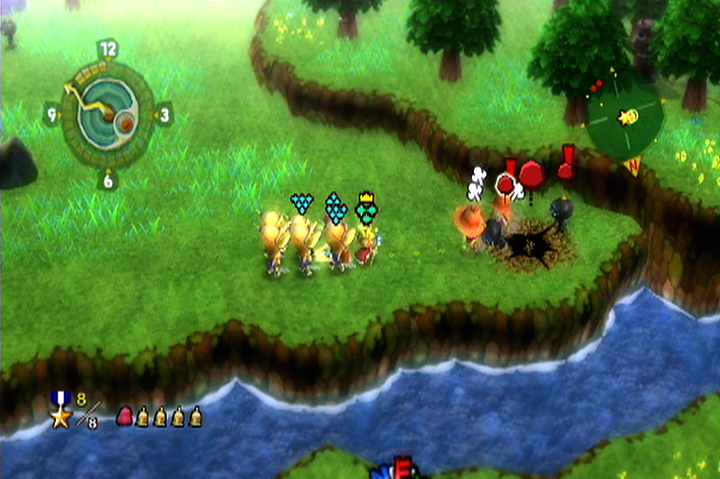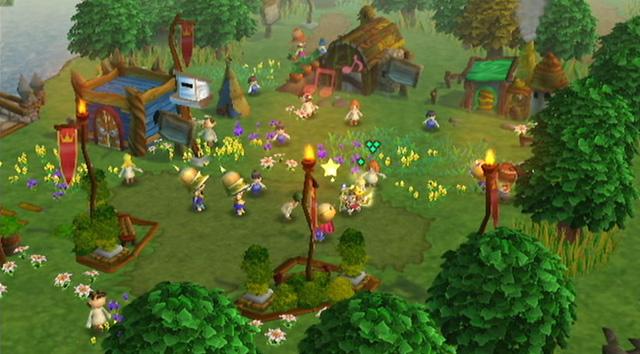Borderlands 2
| Release Date |
September 2012 |
| Platform |
PS3 |
| Genre |
Looter Shooter |
Is a game still fun if you're not given anything to care about? Can something fly by it's pure gameplay alone and
nothing else? Enter "Borderlands 2", a loot based shooter that released for nearly every single platform in 2012. Previously,
I have struggled on dealing with this question for similar loot based titles like Diablo and Torchlight 2. Usually the
plot is pretty weak, the setting is generic, and there is no motivation behind playing more other than to gain more loot
that you can use to more efficiently farm further loot with. Borderlands 2 stands among these as one of the most middle
of the road, despite it's unique first person shooter ties- but I will say that I enjoy it a lot more than I used to.
At the time, I was hyped for Borderlands 2. I preordered it, had my mom pick it up from future shop (RIP) while I was
at high school, and waited all day to play it. I came home and played it nearly all day with a party of three other
friends. Why? To be honest, the original "Borderlands" was something of a magical experience. I think it hit me at the
right time, mixing together the setting of an unhinged mad max film with the gameplay of a first person shooter and
the jankiness of an indie game (but with the scale of a AAA title). It was a bizarre game, and ended up enrapturing me
and my friends for months. We would boot it up and beat the entire campaign in a day, grind bosses to get more loot
despite having nothing left to kill, use cars to glitch out of bounds, and just fuck around in general. When Borderlands 2
came out with the announcement it would be over twice as long, I was ecstatic. But as I continued to play the game
over the following week, my will to continue playing slowly drained... until I was basically begging for it to be over.
Was it hype? Potentially, because I don't see it as that bad anymore. If anything, it's got hints of extreme annoyance-
but nothing more malicious than that. Having thought about it more, I think the main issue is the scale of the game's development.
Do you ever end up playing a game that is extremely rough around the edges, but love it anyways? What about when it gets
popular enough to get a sequel? Even if the game is well made, it still doesn't have the charm the original has. Take
DotA for instance- starting as a lowly mod for Warcraft 3, it was a gamemode where you'd choose between a bunch of items/heroes
to mess around with and try to gain victory over the opposing team. There was skill involved, there was a community, but
not too many people took it seriously as the engine it was running in was jank as hell with a lot of easily abused elements.
DotA2 and League of Legends come out much later, and suddenly what used to be a quaint hangout tool developed by a bunch
of university studens on their spare time has now become an "actual game". A product, something made to be consumed en masse.
I can't explain the exact energy loss behind things like this, but I feel like Borderlands 2 had a lot of the same issues to
it. Is Borderlands 2 objectively better than the first game? Absolutely. Do I enjoy playing it? Not really.
To start off, the gunplay is much better than it has any right to be. Each gun looks like it fell off the back of a
super soaker truck, and has a high chance of being absolutely useless in every way. But the strength of the controller's
rumble, the screenshake, and the sound the guns make really drives the feeling home. HP bars are visually big enough
that you can see the chunks of damage your shots take off, and damage numbers flying everywhere is an easy way
to make even a peashooter feel satisfying. Each level is also extremely well designed, with special care taken to the
hub town, The Sanctuary. There are tons of little chests and secrets hidden everywhere, and mysteries like locked gates
to keep you attempting to explore around more. In The Sanctuary, there is a slot machine that dispenses both loot, money,
and rare skins and currency- and this might be the most addictive loot based reward system I've ever played with. I have
no clue why rolling the slots is suddenly more exciting when you get randomized weapons from it, but seeing a blue or purple
come out of there is one of the most exciting things in Borderlands 2. When we used to play multiplayer, we would all line
up on the slots and take turns gambling away our hard earned cash instead of just straight up buying new weapons.
Unfortunately, that is where my compliments to Borderlands 2 ends. The dialogue is abysmal, somehow managing to be even
worse than the infamy people have attempted to give it. The main issue is not that it's immature, it's that you can tell it's
trying it's damndest to be memetic. Every character is written to be an extremely quirky stereotype who randomly goes
on sanity breaks saying the most absolutely batshit stupid crap you've ever heard... and this happens at least once
a conversation. This includes your main characters, who will constantly say things like "Powned, noob!" and "EPIC!!"
when you open things, even if it doesn't match their personality at all. My personal "favourite" (read: most hated) moment
is when you help a rich hunter stereotype rename the "bullymong" (which is already an stupidly offensive name for no reason) species to
something more suitable. You basically kill them while he rambles on forever about it until he comes up with the name
"bonerfarts", and now all of those monsters in the gameworld are named "bonerfarts" for the rest of your playthrough.
I think the worst part about all of this is that it actually works on people; I vividly remember this quest years later,
and there are some characters like Tiny Tina (she's a little girl who kills people... wacky!!!) are loved by the community
because of her being intensely forced upon the player as cute and/or marketable. The only character who really works for
me is Handsome Jack, because he acts like a real person. It's actually quite impressive, it's like a real life douchebag
is talking to you! He's insanely annoying, stupid, and aggravating, but his flow of dialogue and writing is so on-point with
people i've met in real life with similar personality traits that I can (almost) give it a pass. The plot is also
nearly as bad as the characters, by the way- it takes itself way too seriously while all these stupid shenanigans are
happening at the same time. It's self aware at how dumb it's characters are and how contrived the plot is, but it never
does anything with this knowledge... it's just going "look! here they are!" without actually deconstructing any of it.
As a few side notes of less important things: the graphics are insanely ugly, the music is passable but decides to come
on at completely random times, and there's so many numbers to cross compare with guns and characters that you stop giving
a shit very quickly and just pick up anything that has more green arrows. Building a character is fun in concept, since
each skill tree they have makes them play in a completely different playstyle to most other characters. In actuality though,
you might not find a gun to fit that playstyle for hours, or have to get a skill point into something so far down the tree
that you find yourself slogging through levels without caring for your build at all. Additionally, there's no way to
preview or look up each character's skill tree in game, so you can't really test out different builds to see what
suits you the best.
So with all those points I've nailed out above, I must really hate Borderlands 2, right? Well... not really. The key
thing with Borderlands 2 is that you can ignore most of these things in favour of the more appealing bits. You can turn
the sound down real low and not do any sidequest that sounds stupid or meme-heavy, you can look past the brown and green
cel shaded graphics, you can not really care too much about what your character's build is like or what guns you're carrying.
But what you're left with is a decidedly average shooter. What's made worse is that not a lot of the guns are static;
you can never really talk about your experience with a crazy weapon besides a small few due to the random generation.
Everything starts feeling the same after a while, and that's really what sums up Borderlands 2 for me. Is it still fun
to shoot things and level up, co-op style? Sure, but there are better games to do it in. And in a sea of over-polished
AAA games that involve shooting things and levelling up, I don't really see a point to Borderlands existing as a series
anymore.
